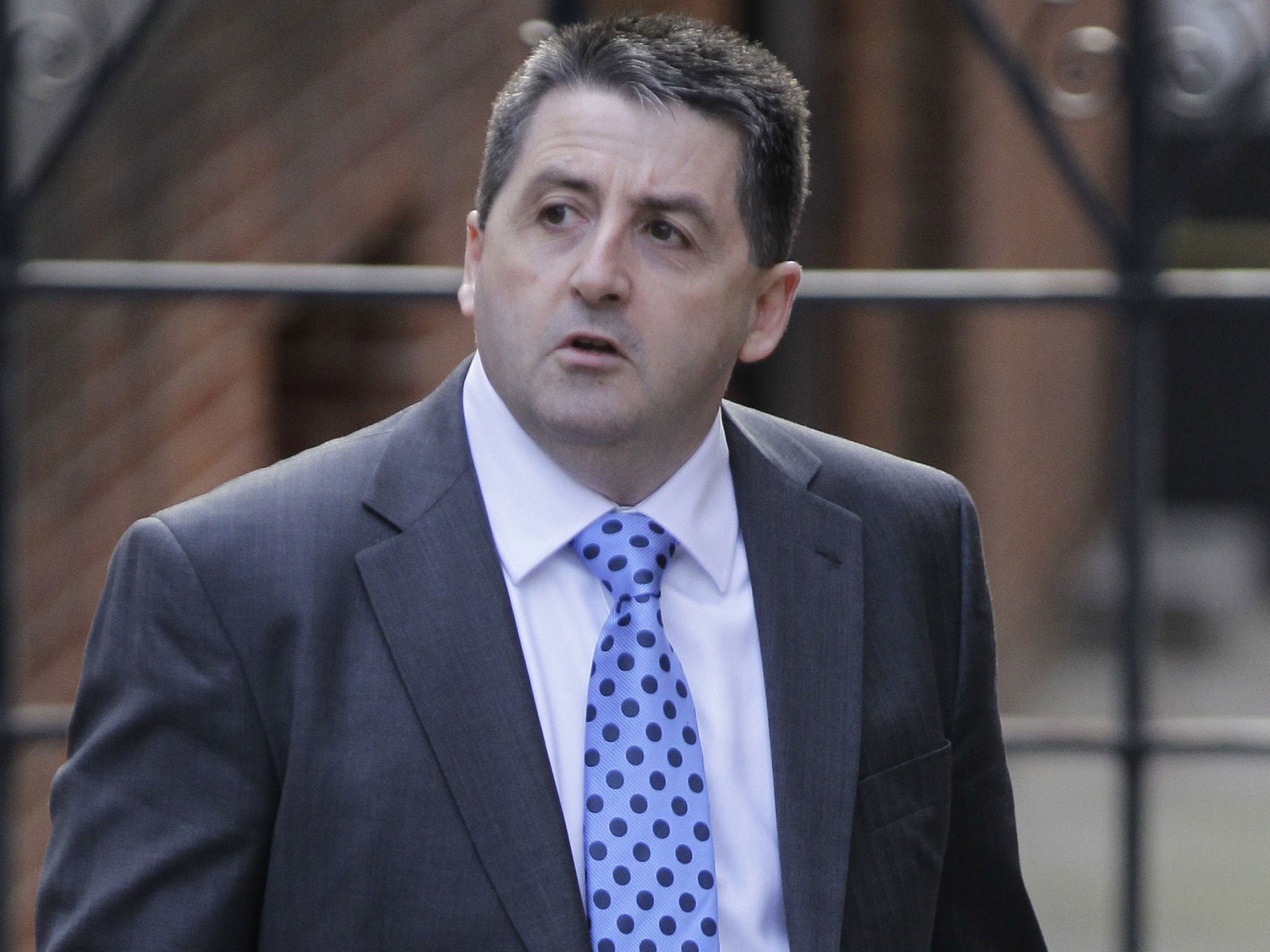Lord Leveson hits out in row over suppressed hacking dossier
Report fell outside my remit, says inquiry judge

Lord Justice Leveson is at the centre of an extraordinary row with one of Britain’s leading law firms after claiming he was asked not to circulate a suppressed report detailing widespread illegal practices.
The secret document, written by the Serious Organised Crime Agency (Soca) – and revealed by The Independent last weekend – suggested that law firms, insurance companies and telecoms giants were routinely commissioning private investigators to obtain sensitive information by hacking, blagging and corrupting police officers.
After days of questions over why the judge refused to admit the file to his landmark inquiry, Lord Justice Leveson wrote to MPs to say he believed the Soca report fell outside his terms of reference for the hearings, which were to “inquire into the culture, practices and ethics of the press”. However, he also mysteriously claimed his inquiry was “specifically asked not to circulate it without further discussion”.
Sources close to the judge, who is to be questioned about the affair by MPs later this year, told The Independent the request was made by the media law firm Bindmans, which represents some of Fleet Street’s most vociferous critics – including the former Deputy Prime Minister Lord Prescott and the Hollywood actor Hugh Grant.
The link to Bindmans appears counterintuitive as the firm also acted for Ian Hurst, a former British Army intelligence officer whose computer was hacked by the News of the World. He had passed the document to the inquiry to expose widespread hacking in blue chip industries – and senior police officers’ knowledge of the illicit trade in personal information.
Tamsin Allen, a partner at the law firm that represented Mr Hurst and other high-profile victims of hacking during the year-long inquiry, told The Independent that private communications between Bindmans and the judicial investigation into the press and police had been “misunderstood”.
In an email to Mr Hurst, she said the firm’s email “was the start of our attempt to have the [Soca report] admitted into evidence – not the reverse!
“I have spoken to Robert Jay [the barrister who led the questioning during the hearings] who agrees that the inquiry knew that the request not to circulate the exhibit was just about there being issues of sensitivity with the content which might need redacting… I am very annoyed that they should do off-the-record briefings in which they name us!”
Initially appalled at the claim that his lawyers helped to bury the Soca report, Mr Hurst later said: “Leveson is clearly being mischievous here and I have every faith that Ms Allen acted appropriately. The whole matter is extremely odd and I agree that it suggests a sense of panic on the part of the inquiry.”
Mr Hurst also rejected Lord Justice Leveson’s arguments that the Soca report fell outside his remit, saying it was relevant because “for the very first time, it documents the use of a computer Trojan virus being deployed on behalf of newspapers. It also shows senior police officers had direct knowledge of this unlawful and invasive technology being deployed on behalf of the News of the World and yet they did nothing and participated in a cover-up.”
The row came as Lord Justice Leveson agreed to appear before a parliamentary committee and answer questions on his milestone report, which recommended press regulation should be overseen by the state.
John Whittingdale, chairman of the Culture, Media and Sport Select Committee, said he would be asking the judge about the suppressed Soca report. He told The Independent: “If Lord Justice Leveson was presented with such evidence, it is [fair] to ask why he didn’t enter it into the record, or even barely refer to it… If Soca were aware of widespread illegality taking place in other industries, why didn’t they do anything about it?”
A Soca spokesman said: “This report remains confidential and Soca does not comment on leaked documents or specific criminal investigations.”
